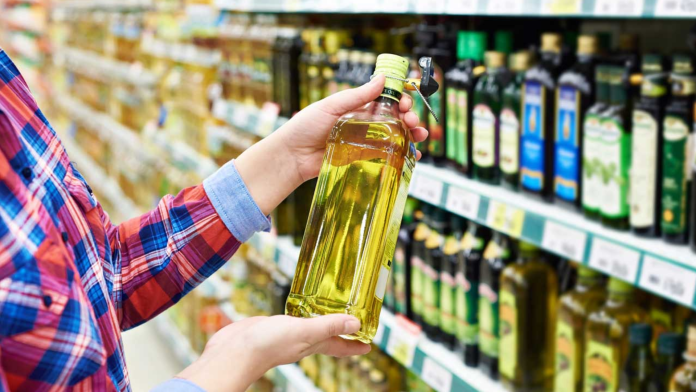India’s edible oil imports reached a new pinnacle in July, surging to a record-breaking 1.76 million metric tonnes. This substantial rise can be attributed to refiners strategically bolstering their stocks in anticipation of impending festivals. The uncertainty surrounding supplies from the Black Sea region further propelled this trend, as reported by five knowledgeable dealers to Reuters.
Increased purchases by the world’s largest importer of vegetable oils may contribute to reducing palm oil stocks in Indonesia and Malaysia, providing support to benchmark futures. Additionally, this move could bolster soyoil futures and potentially lead to decreased inventories in sunflower oil-producing Black Sea countries.
According to the Solvent Extractors’ Association of India (SEA), India’s monthly average imports of edible oil during the 2021/22 marketing year stood at 1.17 million tonnes. In June of the same year, the country’s edible oil imports reached 1.3 million tonnes.
Read More: India’s edible oil imports soar by 39.31% to 13.11 Lakh tonnes in June amidst surging demand
Based on estimates from dealers, palm oil imports surged from 683,133 tonnes in June to 1.09 million tonnes in July, marking the highest volume in the past seven months.
Read More: India’s palm oil imports witness sharp 49% surge in June, reaching 3-month high
Sandeep Bajoria, CEO of Sunvin Group, a vegetable oil brokerage and consultancy firm, stated that the discount of palm oil compared to soyoil and sunoil has expanded. This development has encouraged refiners to boost their purchases in preparation for the upcoming festivals.
The July vegetable oil import data is expected to be published by the Solvent Extractors’ Association of India (SEA) around mid-August.
Rajesh Patel, managing partner at GGN Research, an edible oil trader and broker, mentioned that importers are building up significant oil reserves in response to the Russia-Ukraine crisis. This precautionary measure aims to ensure ample stock availability and prevent any potential shortages.
Dealers estimated that sunflower oil imports experienced a significant surge of 73% from the previous month, reaching 330,000 tonnes, marking the highest volume in the past six months. On the other hand, soyoil imports witnessed a decline of 22%, settling at 340,000 tonnes.
According to Patel, soyoil imports in July fell short of expectations due to delays in berthing, which resulted in some vessels being unable to unload at Kandla port.
India’s primary sources of palm oil are Indonesia, Malaysia, and Thailand, while soyoil and sunflower oil are mainly imported from Argentina, Brazil, Russia, and Ukraine.





